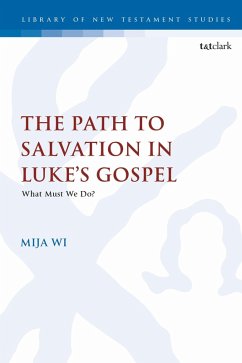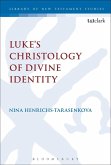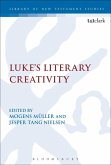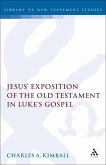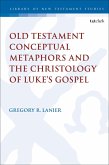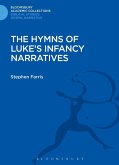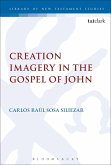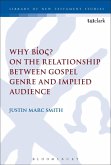This book investigates Luke's message of salvation in relation to socio-economic issues, and thus concerns salvation of the rich as well as the poor. With a narrative reading of Luke's Gospel built on careful examination of its socio-economic context, it demonstrates that Luke's message of salvation is best understood as: 1) Divine mercy which champions the cause of the poor and redresses the injustice of the world, 2) Its human embodiment, and 3) Divine reward promised to those who enact mercy.
Wi argues that Luke's question of 'what must we do?' juxtaposes salvation with 'doing', posing interesting questions with respect to the salvation of the rich. This volume highlights good news to the poor in terms of divine mercy and justice, shows that the reception of divine mercy calls for practices, which embody it, and above all clarifies Luke's notion of salvation of the rich which will happen as participation in the salvation of the poor. Wi's conclusion challenges its readers by asking the question along with Luke's audience: What must we do?
Wi argues that Luke's question of 'what must we do?' juxtaposes salvation with 'doing', posing interesting questions with respect to the salvation of the rich. This volume highlights good news to the poor in terms of divine mercy and justice, shows that the reception of divine mercy calls for practices, which embody it, and above all clarifies Luke's notion of salvation of the rich which will happen as participation in the salvation of the poor. Wi's conclusion challenges its readers by asking the question along with Luke's audience: What must we do?

